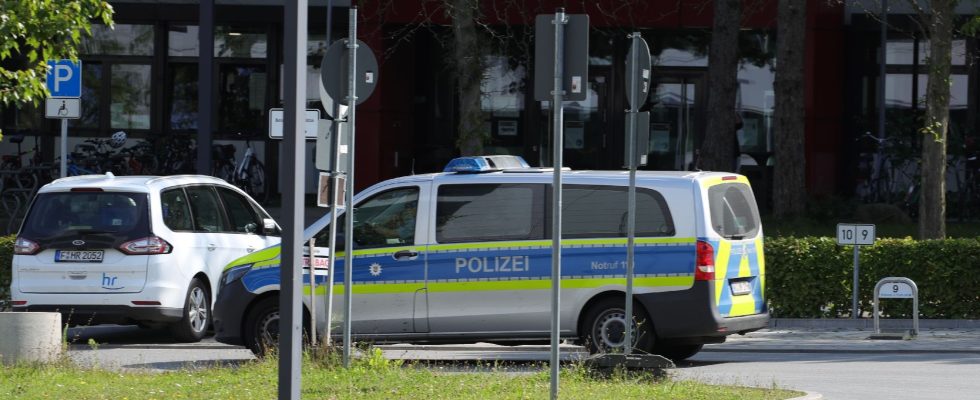An investigation has been opened by German police after an exiled Russian journalist and activist reported health problems, suggesting they could have been poisoned. “An investigation has been opened. The investigations are ongoing,” a Berlin police spokesman told AFP, without giving further details. According the Russian investigative media Agentstvowhich revealed the case, the two opponents would have felt “sharp pain” and “numbness”, and other “strange symptoms”, suggesting poisoning.
The information was taken up by the German weekly Die Welt, which explained that the two people, who would have felt these symptoms, would both have participated in a meeting of dissidents, which was held on April 29 and 30. in Berlin. It would have been organized by the Russian businessman who became an opponent of Vladimir Putin Mikhail Khodorkovsky.
A journalist and an activist
For reasons it describes as “ethical”, the Russian investigative media did not wish to reveal the identity of the possibly poisoned journalist. Agentstvo only explained that she had recently left her country of origin. His health problems are said to have started when he arrived at the meeting with the dissidents on April 29 and 30 in Berlin. After the event, she was treated at the Charité clinic in Berlin.
The identity of the second person is known. This is Natalia Arno, director of the NGO Free Russia Foundation, an organization in the crosshairs of Moscow, whose goal is to promote democracy in Russia. She has lived in the United States, a country of which she is a citizen, for about ten years. After attending the April 29-30 meeting in Berlin, she travels to Prague, where she begins to experience symptoms. She also discovers that her hotel room has been broken into. Inside, she said she smelled “the smell of cheap perfume”.
Back in the United States the next morning, she went to a hospital to have her personal effects analyzed, to take biological samples, and to be treated. Since then, her condition has improved, but she still experiences symptoms, according to Agentstvo. The Russian investigative media also claims that the FBI has opened an investigation.
Several poisoning cases
In recent years, Russia has been named in several cases of poisoning political opponents. Dissident Alexei Navalny, for example, was infected with a nerve agent, baptized Novichok, in August 2020. The former candidate for the Russian presidential election spent several days between life and death, at the Charité clinic , in Berlin. In 2018, British authorities accused Russian military intelligence of being behind the poisoning of former exiled officer Sergei Skripal, again with the same substance.
More recently and since the beginning of the war in Ukraine, several cases have been reported. We can notably cite that of the former American ambassador to Ukraine John Herbst, a virulent opponent of Vladimir Putin. In the months following the start of the Russian offensive, his health rapidly deteriorated, suggesting that he might have been poisoned. Moscow has denied its involvement in each of these cases.
